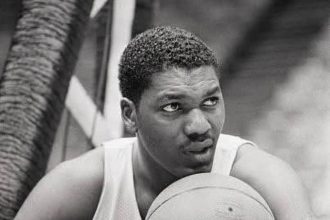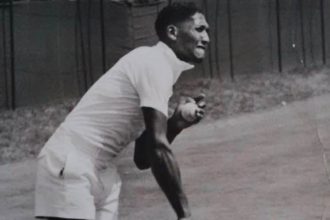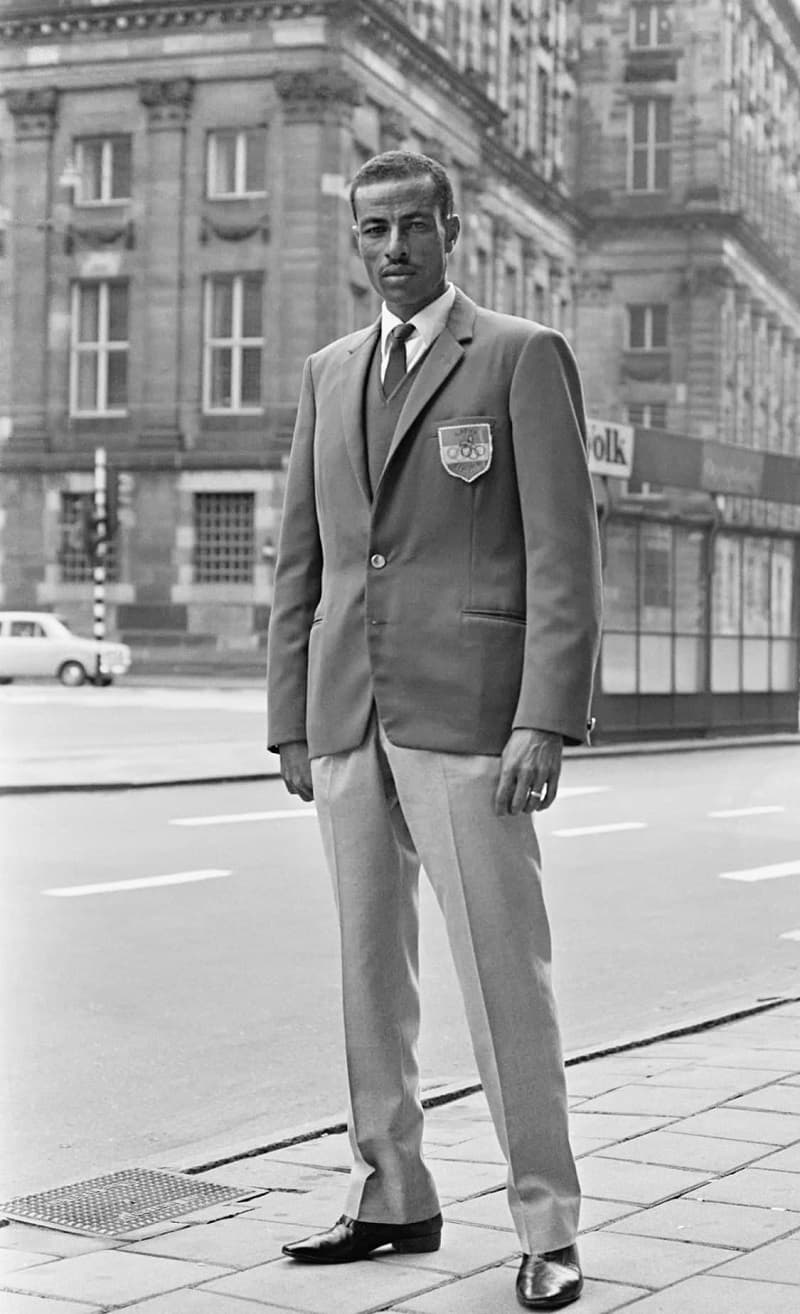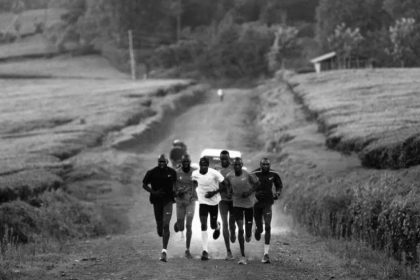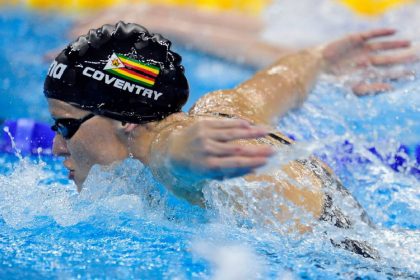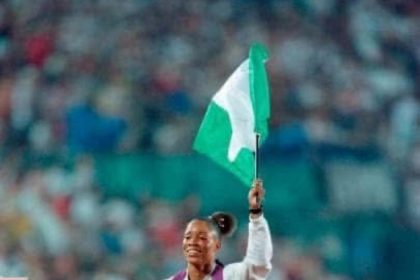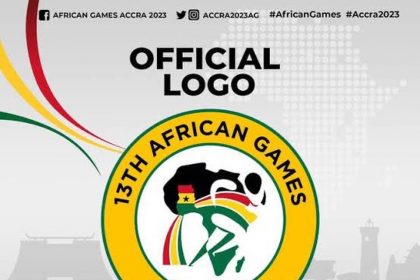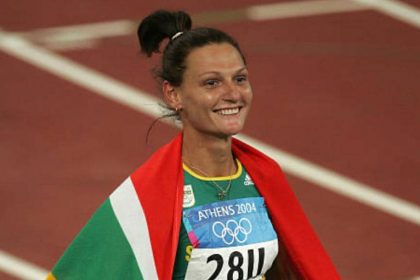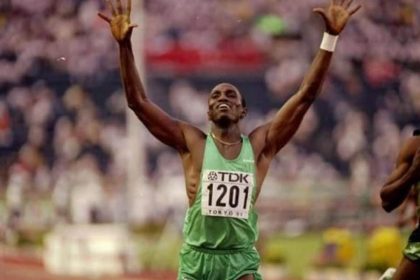History is filled with the stories of unusual men, Abebe Bikila’s is one of such, His curious appearance at the venue of the Marathon event’s final of the 1960’s Olympics Games in Rome barefooted was one of the most dramatic moments in the history of Athletics. Even the history behind the race that covers the unusual route totaling somewhere around 24 to 26 miles itself is not without its own interest-provoking ‘colour’.
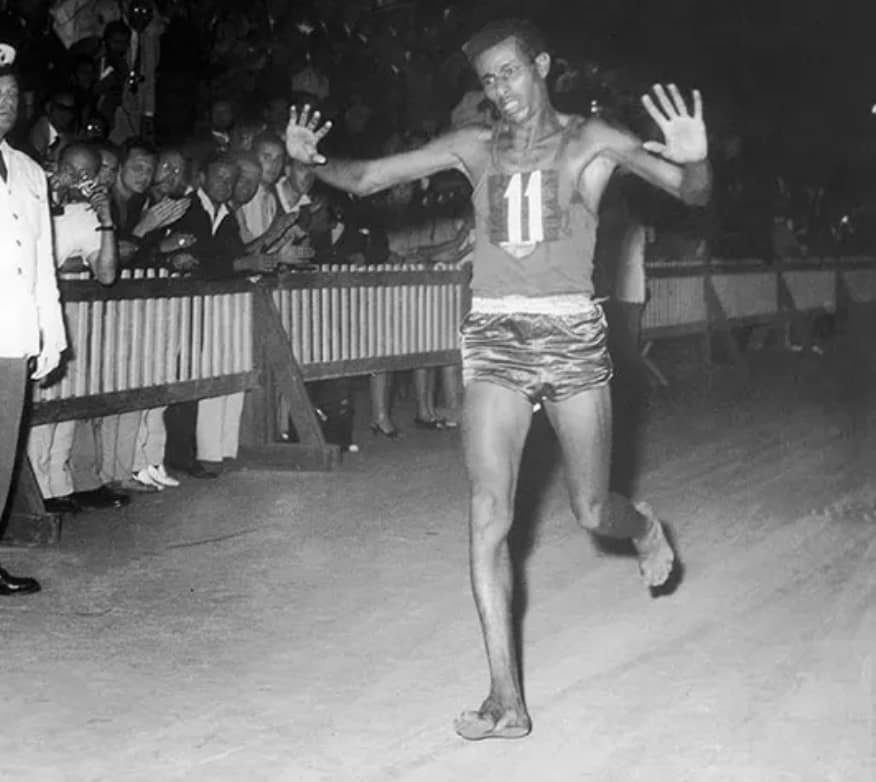
In a nod to Greek history, the first marathon commemorated the run of the soldier Pheidippides from a battlefield near the town of Marathon, Greece, to Athens in 490 B.C. According to legend, Pheidippides ran the approximately 25 miles to announce the defeat of the Persians to some anxious Athenians. Not quite in mid-season shape, he delivered the message “Niki!” (Victory!) then keeled over and died.
Abebe Bikila was an Ethiopian marathon runner who was a back-to-back Olympic marathon champion. He is the first Ethiopian Olympic gold medalist, winning his and Africa’s first gold medal at the 1960 Summer Olympics in Rome while running barefoot, Abebe purchased new running shoes, but they did not fit well and gave him blisters. He consequently decided to run barefoot.
At the 1964 Tokyo Olympics, he won his second gold medal. In turn, he became the first athlete to successfully defend an Olympic marathon title. In both victories, he ran in world record time.
Abebe Bikila was born in Ethiopia on 7 August 1932, coincidentally the day of the Los Angeles Olympic marathon. Twenty-eight years later, he entered the marathon at the 1960 Olympic Games in Rome. He and his coach, Onni Niskanen, decided that Bikila, who ran barefooted, should make his final move a little more than one kilometre from the finish line. It was at this point that the course passed the obelisk of Axum, a monument that had been plundered from Ethiopia by Italian troops and hauled away to Rome. When Bikila reached the obelisk, he was running even with Rhadi Ben Abdesselem of Morocco. Bikila successfully pulled away and won by 200m.
Although no one had ever won the marathon twice, Bikila returned to the Olympic Games in 1964, even though he had undergone an appendectomy 40 days before the race. This time he ran with shoes and socks. Bikila took a clear lead by the halfway mark and steadily pulled away to win by more than four minutes. His time, 2 hours 12 minutes 11.2 seconds, was a world best for the marathon.
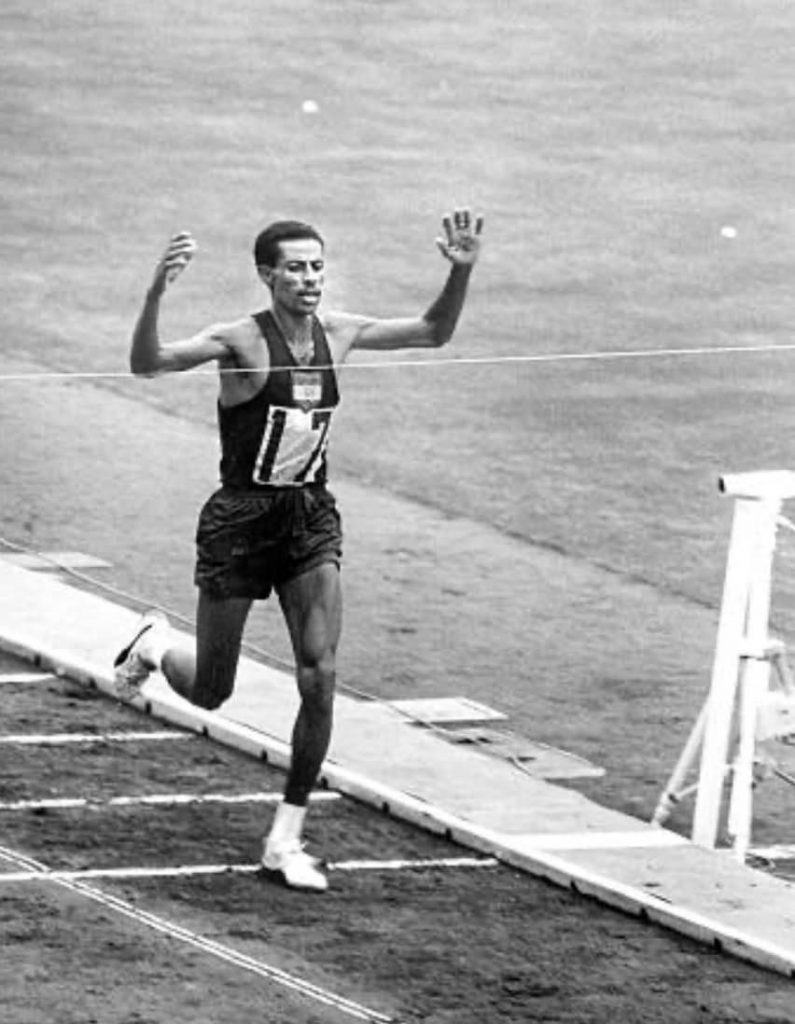
Abebe returned to his homeland as a hero. He was greeted by a large crowd, many dignitaries and the commander of the Imperial Guard, Brigadier-General Mengistu Neway. Abebe was paraded through the streets of Addis Ababa along a procession route lined with thousands of people and presented to Emperor Haile Selassie.The Emperor awarded him the Star of Ethiopia.
On the night of March 22, 1969, Abebe lost control of his Volkswagen Beetle and it overturned, trapping him inside. According to biographer Tim Judah, he may have been drinking.
The accident left him a quadriplegic, paralysed from the neck down; he never walked again.
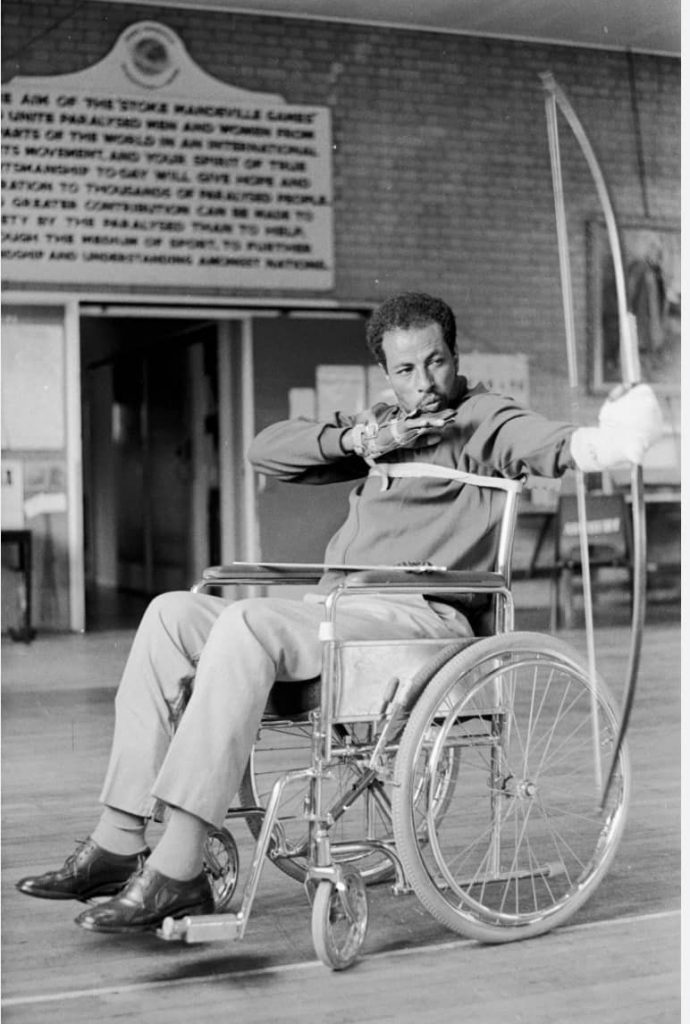
On October 25, 1973, Abebe died in Addis Ababa at age 41 of a cerebral hemorrhage, a complication related to his accident four years earlier.
Sources:
Kehinde Fagbuaro, January 2023;
Underwood John (April 12, 1965). “The Number Two Lion in the Land of Sheba”;
Tim Judah (2008), Abebe’s Biographer. “Bikila: Ethiopia’s Barefoot Olympian”.


